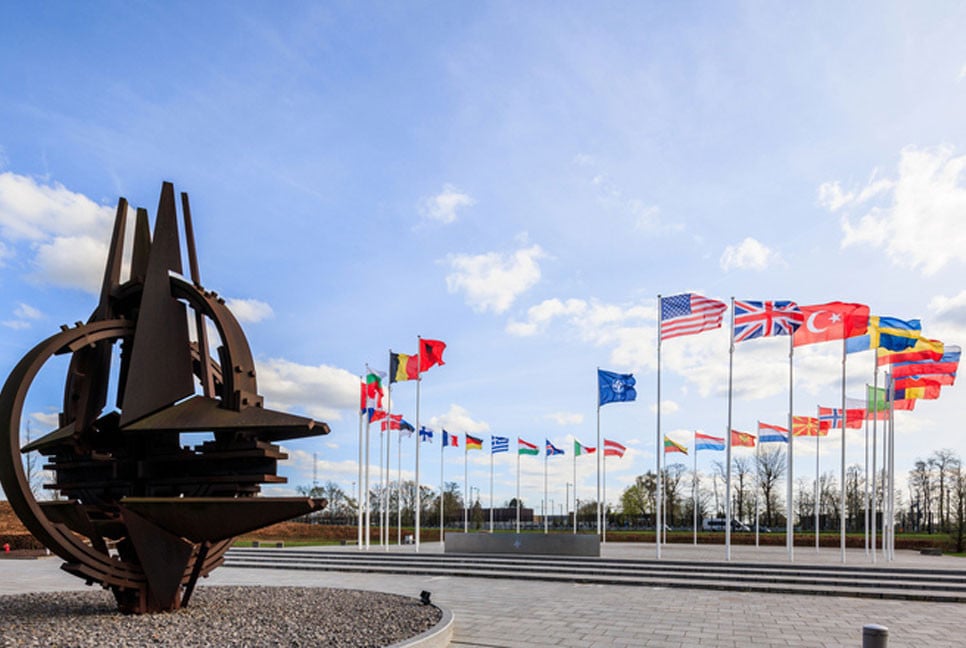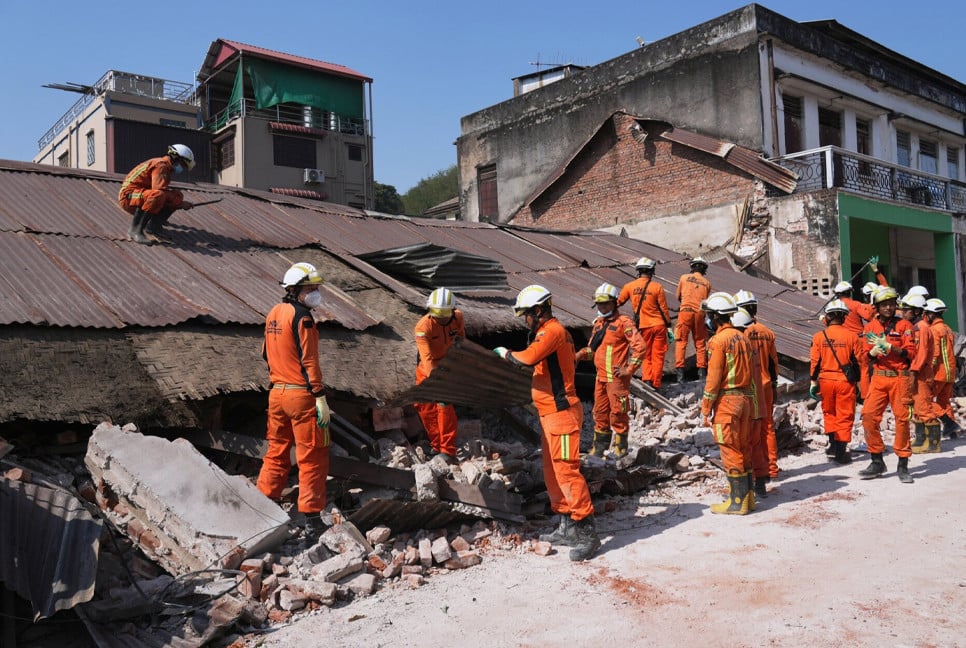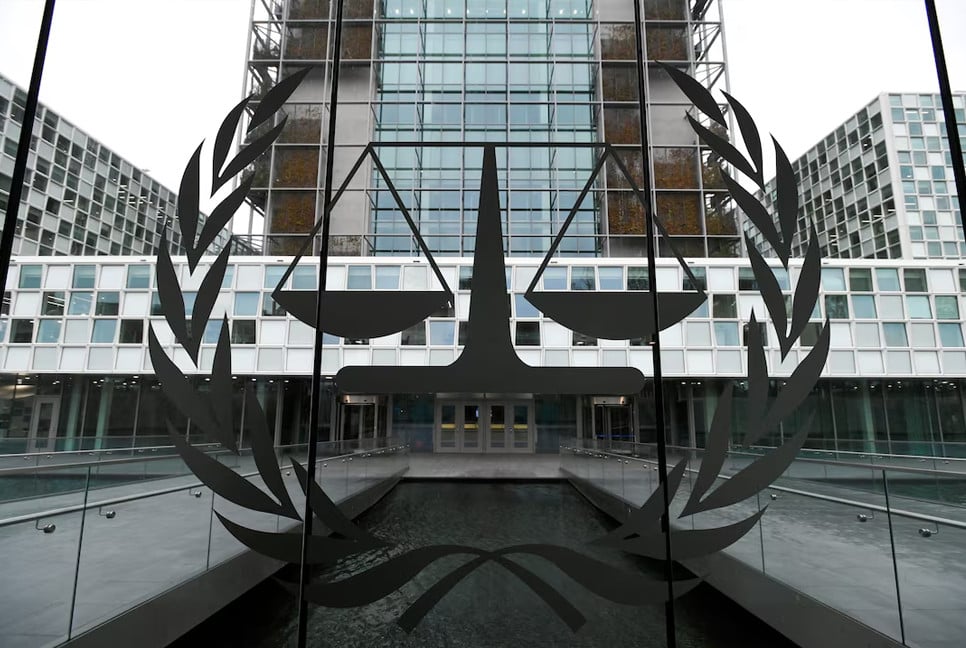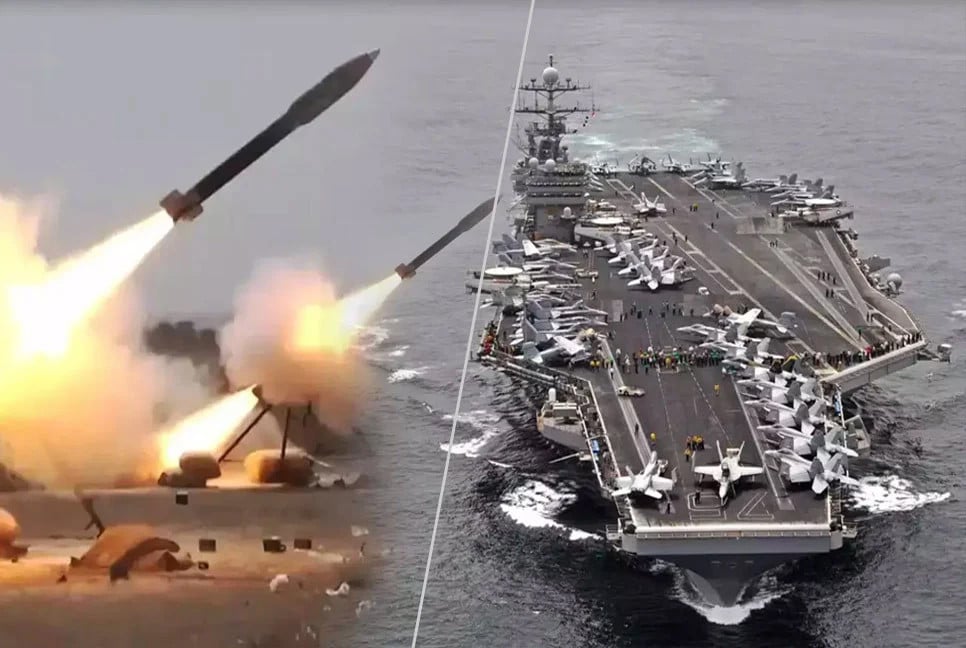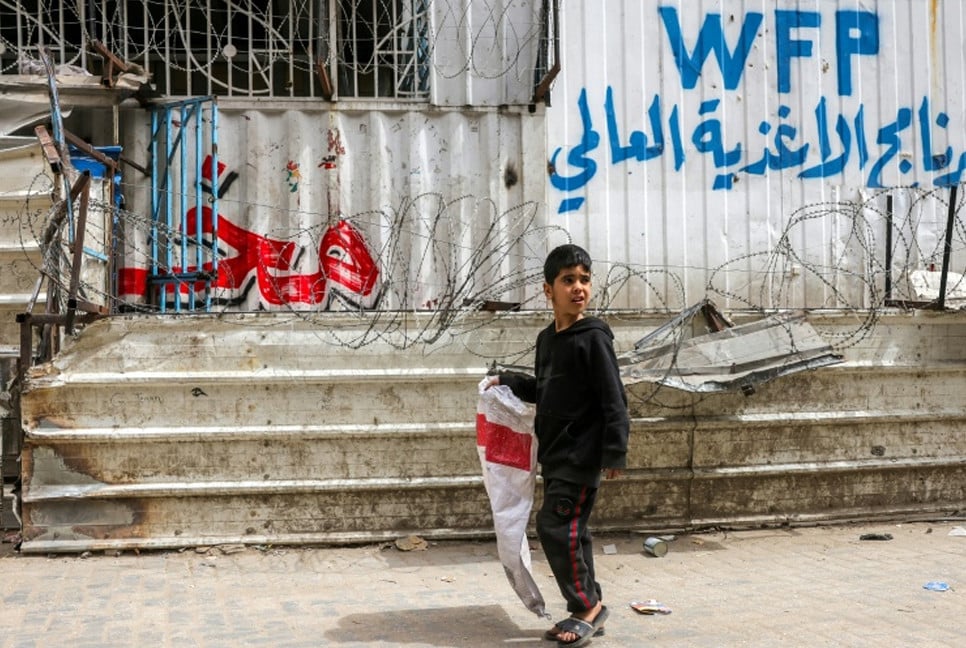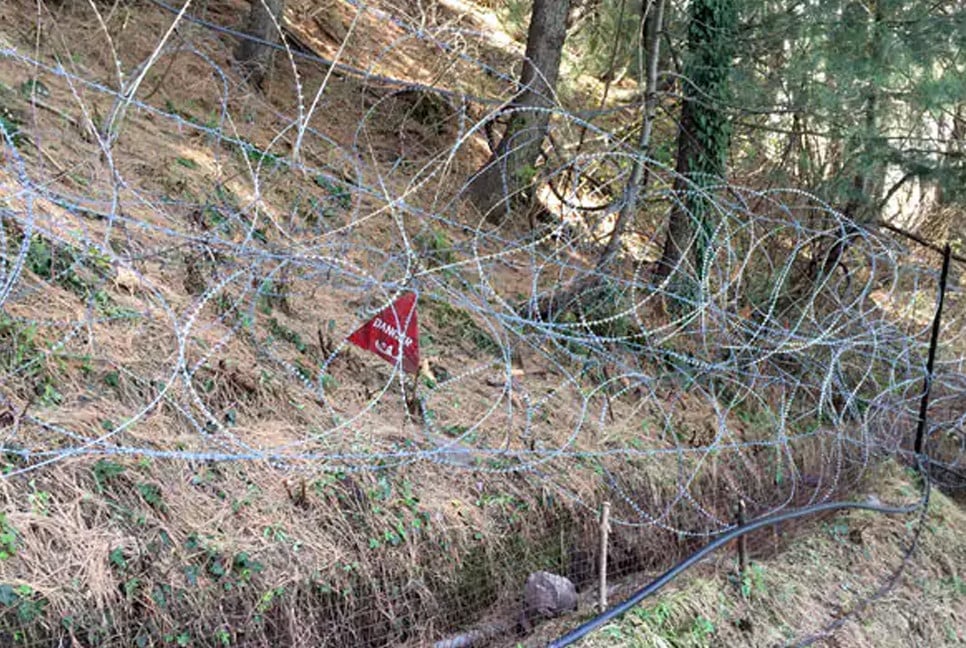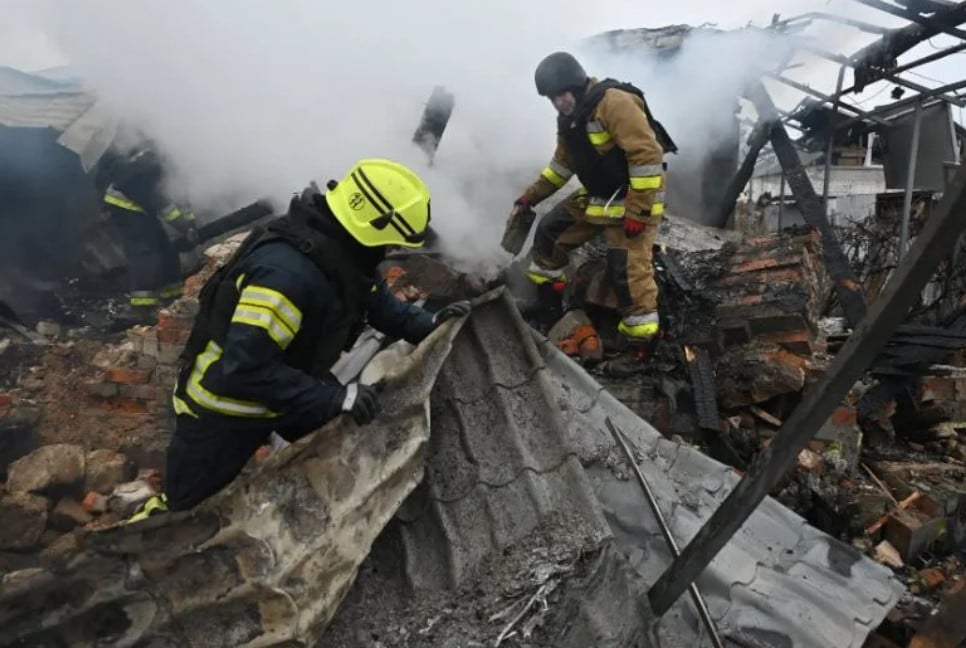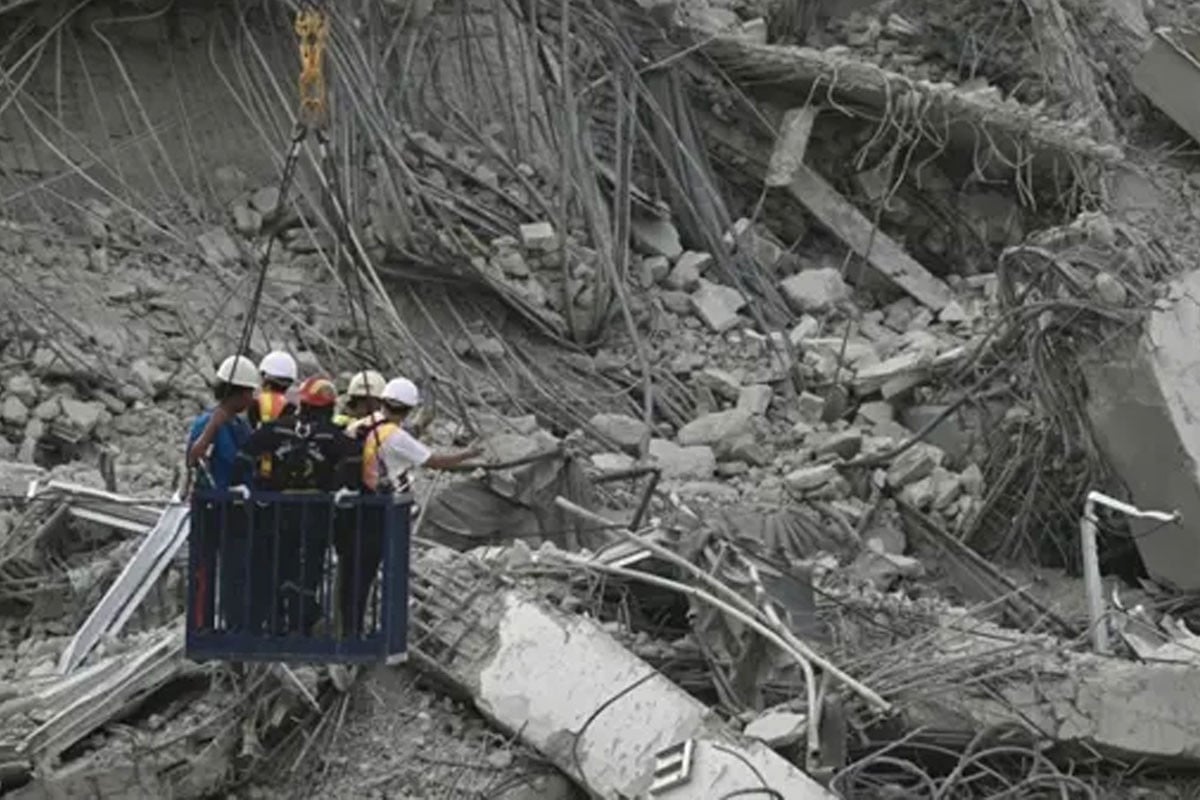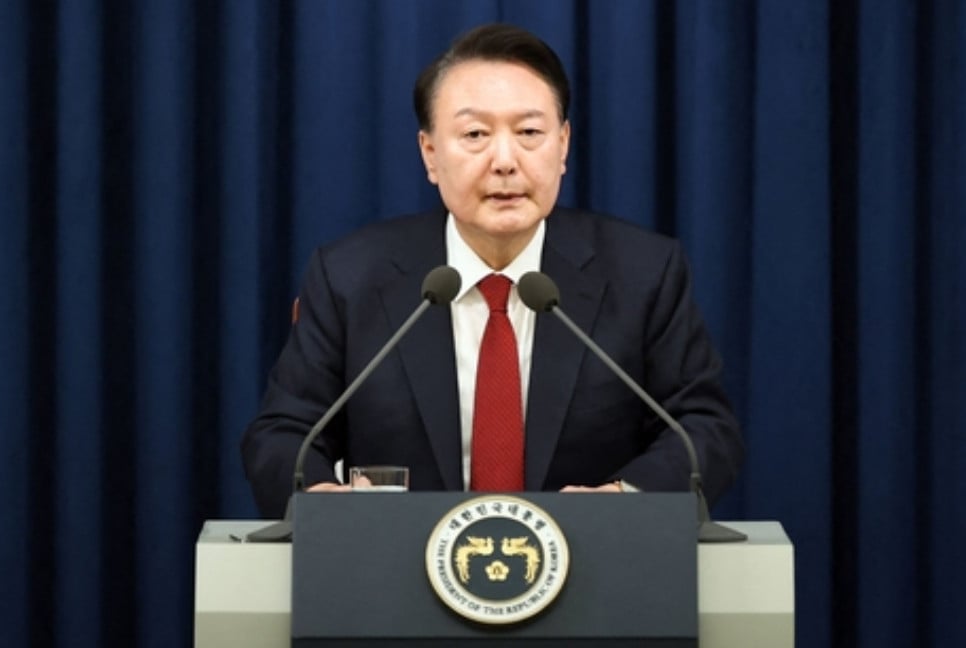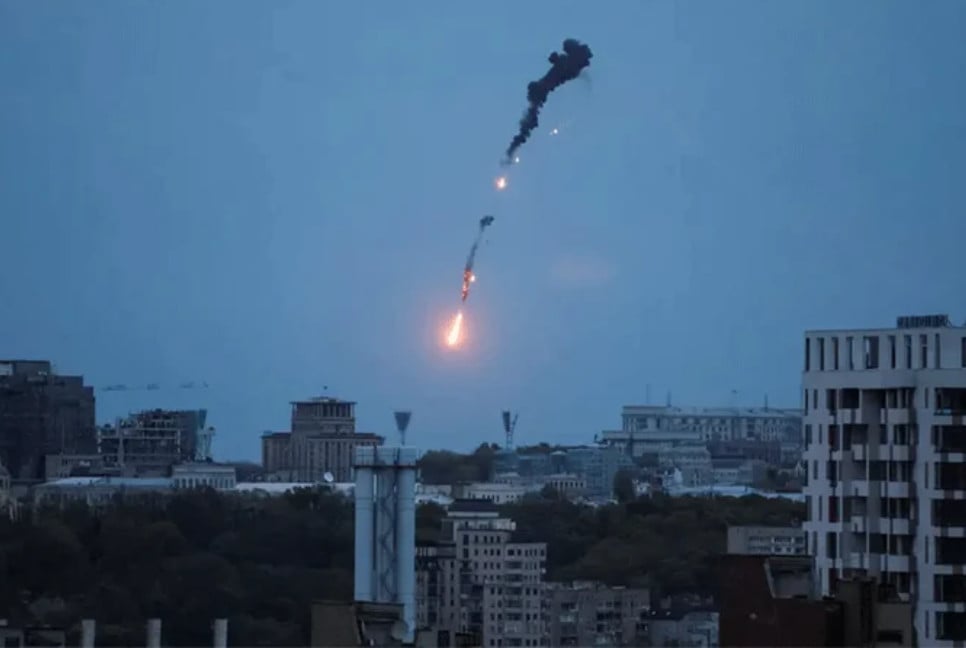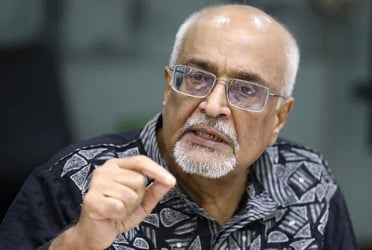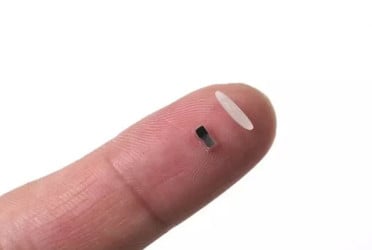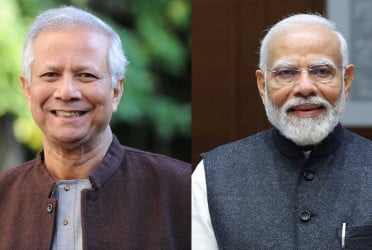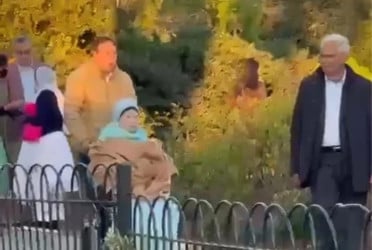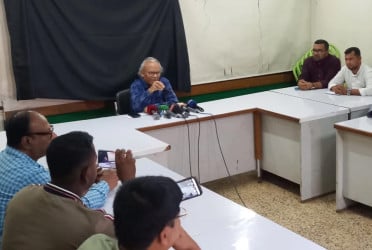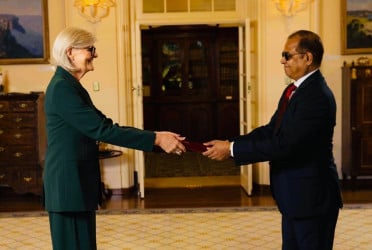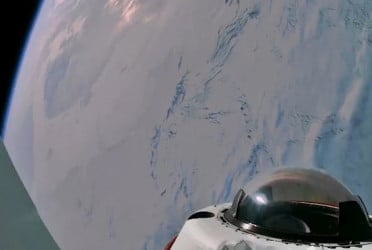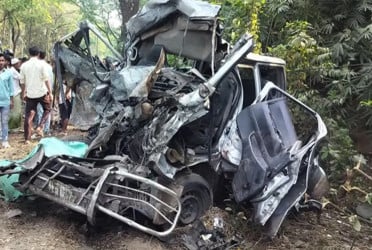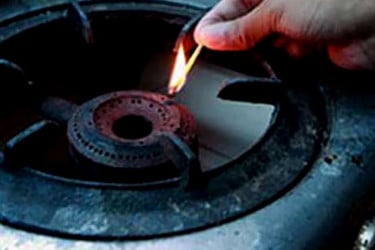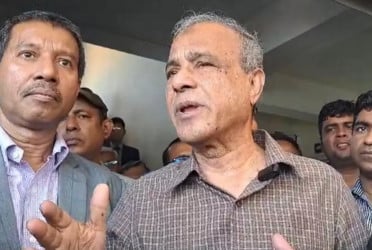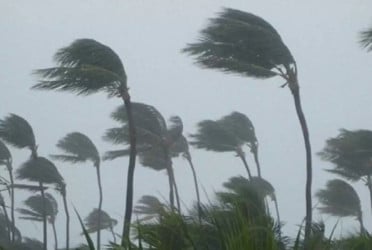NATO plans to extend its Cold War-era fuel pipeline system from western Germany into Poland and the Czech Republic, Der Spiegel has reported, citing an internal memo from the Bundeswehr, Germany’s armed forces. The expansion is part of the alliance’s “operational plans for a possible Russian attack on the eastern states,” the newspaper wrote on Friday.
The Central European Pipeline System, built in the late 1950s, was designed to meet NATO’s operational needs in times of peace, crisis, and conflict. It has transported large volumes of kerosene, gasoline, and diesel through Germany, France, Belgium, and the Netherlands, serving both NATO and the United States.
According to the Bundeswehr memo, the plan includes storing fuel “as far east as possible” near potential areas of operation. At present, NATO’s fuel distribution remains limited to its eastern flank, with the existing pipeline network ending in western Germany.
The project is expected to cost €21 billion ($22 billion) and should be largely completed by 2035, the report said. Germany is set to contribute more than €3.5 billion ($3.7 billion), Defense Minister Boris Pistorius told Der Spiegel. “For our soldiers, a reliable fuel supply is one of the essential requirements for their operational readiness,” he added.
A senior NATO official told the newspaper that while ammunition and spare parts can be airlifted, transporting fuel by plane is nearly impossible due to “immense consumption.” He noted “significant problems in the sustainable supply of fuel to forces that would have to be relocated to the eastern border if necessary,” adding that “the demand is gigantic.”
However, Der Spiegel warned that construction could face delays and rising costs. The pipeline is to be laid under several rivers, including the Weser and Elbe, which must be “protected from possible accidents.” Additionally, land disputes with authorities and property owners may need to be resolved, the report said.
Russia has repeatedly argued that NATO’s expansion and Ukraine’s aspirations to join the alliance helped provoke the conflict in Ukraine. Western officials have suggested that Moscow poses a potential threat to NATO, but Russian President Vladimir Putin has dismissed such claims as “nonsense,” saying they serve to justify Western military spending.
In December 2024, Russian Defense Minister Andrei Belousov said Moscow must be prepared for any scenario, including a possible military conflict with NATO in Europe within the next decade.
Source: RT
Bd-pratidin English/ Jisan

